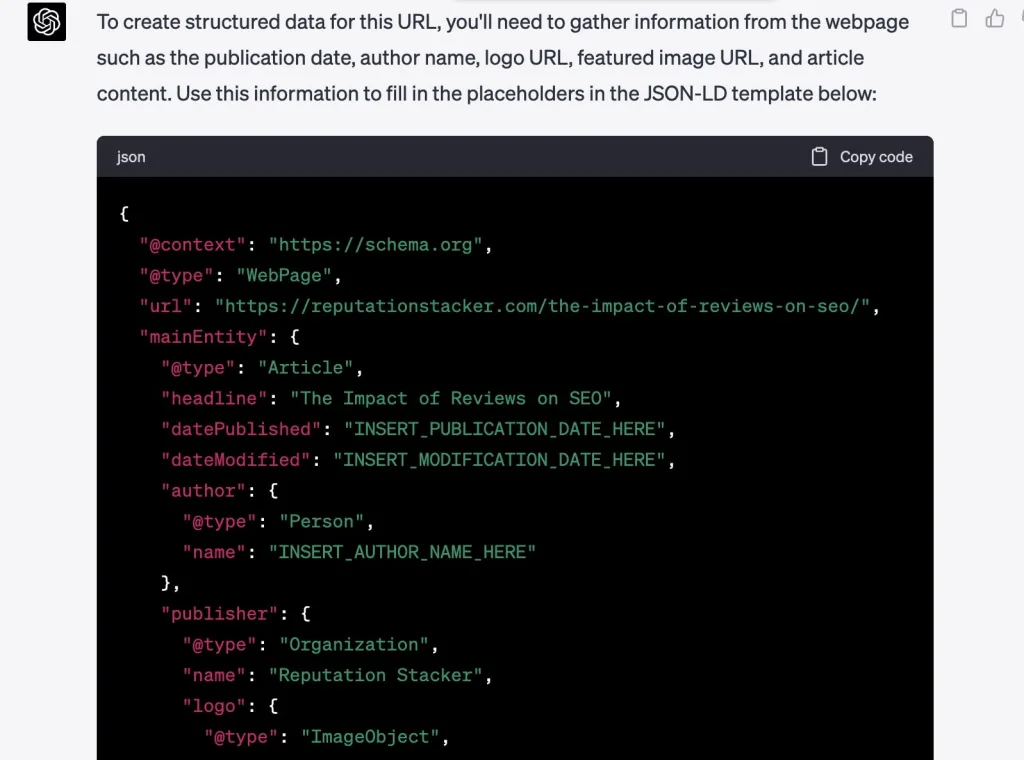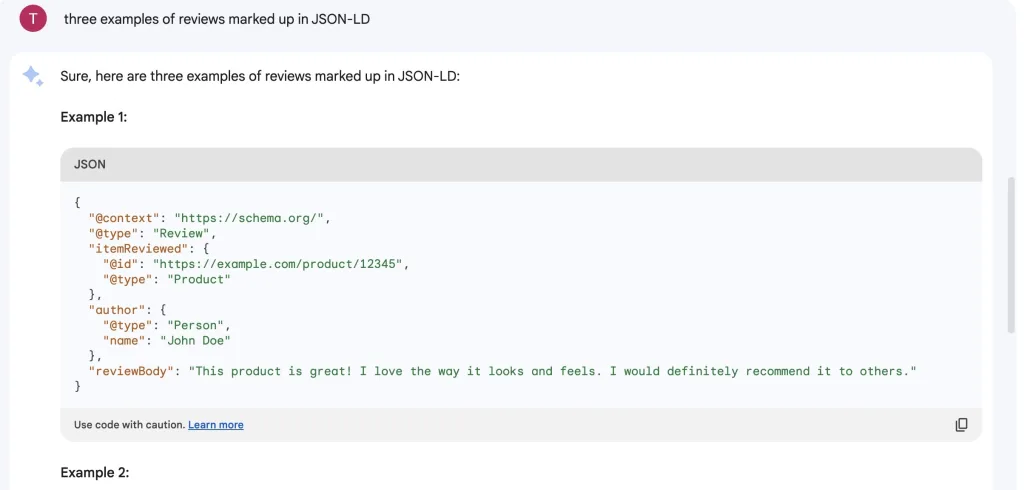As a local business owner, your online reputation is one of your most valuable assets. Today, customers are more likely to research businesses online before making a purchase or visiting an establishment. This means that your online reputation can significantly impact your ability to get customers in the door and retain them. In fact, studies have shown that over 90% of customers read online reviews before making a purchase decision.
Managing your online reputation is critical to your business’s success. A positive online reputation can help you attract more customers, while a negative one can turn potential buyers away. With the rise of social media and review sites like Yelp and Google Reviews, it’s easier than ever for customers to leave feedback about their interactions with your business. This means that it’s essential for you to actively manage your online reputation and respond to feedback in a timely and professional manner.
But reputation management isn’t just about responding to negative reviews. It’s also about proactively building a positive online presence for your business. By providing excellent customer service, optimizing your website for search engines, and leveraging social media and review sites, you can build a strong online reputation that attracts more customers and makes your business stand out. In this blog post, we’ll explore nine resources that help you manage your local business’s online reputation, from Google My Business to industry-specific sites and online reputation management services like ReputationStacker.
1. Google My Business
Google Business Profile is a free tool that allows business owners to manage their business information on Google. By claiming and verifying your business listing on Google, you can ensure that your business information is accurate and up-to-date on Google Search and Google Maps. You can also respond to reviews and post updates to your listing, which can help improve your online reputation and attract more customers.
2. Google Alerts
Google Alerts is a free tool that lets business owners monitor mentions of their business or brand online. With Google Alerts, you can set up alerts for your business name, keywords related to your industry, or even your competitors. This allows you to stay on top of what’s being said about your business and industry online and respond in a timely manner to any negative reviews or comments. You can also use Google Alerts to monitor your online reputation across different languages and countries.
To set up a Google Alert, go to the Google Alerts website and enter your search terms. You can customize your alerts by choosing the frequency of notifications, the sources you want to monitor (e.g., news, blogs, web, video), and the language and region. Once you’ve set up your alerts, you’ll receive notifications whenever your search terms are mentioned online.
Using Google Alerts with other reputation management tools and strategies can help you stay ahead of the curve and build a positive online reputation for your local business.
3. Review Sites
Online reviews on sites like Yelp can play a significant role in shaping your local business’s reputation. These platforms allow customers to leave reviews and ratings of your business, affecting your visibility in search results and perceptions of potential customers.
It’s essential to actively monitor your business’s reviews on these platforms and respond to feedback to demonstrate your commitment to providing excellent customer service and help improve your overall reputation across the platform.
In addition to monitoring and responding to reviews, there are several strategies you can use to encourage positive reviews from customers. This includes asking satisfied customers to leave a review, making it easy for them to do so by providing links to your business’s profiles on review sites and offering incentives like discounts or free products/services in exchange for a review.
4. Social Media
Social media can be a powerful tool for managing your local business’s online reputation. Sites like Facebook allow you to actively engage with customers, build a strong relationship with your audience, and address any concerns or questions they may have.
To effectively manage your online reputation on social media, it’s essential to monitor your accounts regularly and promptly and professionally respond to customer feedback. This means acknowledging positive feedback, addressing negative feedback, and taking steps to resolve any challenges that customers may be experiencing.
In addition to responding to customer feedback, you can also use social media to proactively build a positive online presence for your business. Sharing updates about your products and services, showcasing customer testimonials, and highlighting community involvement are just some ways to demonstrate your commitment to providing excellent customer service and building a strong presence in your local community.
5. Websites with Strong Page Rank Authority
Coverage on websites with strong page authority can positively impact your local business’s website and online reputation. Search engines consider websites with high Page Ranks authoritative and likely appear at the top of search engine results pages (SERPs). This means that if your business is mentioned on a website with high domain authority, it can improve your online visibility and attract more traffic to your website. Examples of what this could look like include:
Domain Authority (DA) is a metric created by SEO tools to measure the strength of a website’s backlink profile. It is calculated using a proprietary algorithm that considers various factors, including the number of backlinks a website has, the quality of those backlinks, and the domain authority of the websites that link to it.
Google has never confirmed that it uses DA as a ranking factor, and in fact, Google’s John Mueller has said that Google does not use any third-party metrics in its ranking algorithm. However, that doesn’t mean that DA is not a useful metric for SEOs.
Guest Blogging
Writing guest blogs on websites with high domain authorities can help you build relationships with other businesses in the same industry and enhance your online credibility. Additionally, if an industry-leading website promotes your content, it will tell users coming across your blogs that you are an authority on the topic you’re writing about.
By including links to your website in a guest blog, you can improve your website’s domain authority and boost its local SEO.
Press Coverage
Positive press coverage on news websites with high domain authority can help establish your business as a trusted authority in your industry. Even if your local news station does not link to your business, the positive press can positively impact your online reputation and attract more customers to your business.
Local Business Directories
Listing your business on local business directories with high page authority, such as TripAdvisor, can help improve your online visibility and attract more customers to your business. Business directories also allow customers to leave reviews of your business, which can help improve your online reputation.
6. Industry-Specific Websites
Industry-specific sites like Angie’s List can be helpful resources for managing your online reputation. For healthcare facilities and organizations, industry-specific websites can make or break their reputation since patients rely on online resources to research physicians, read reviews, and make appointments.
For other companies, industry-specific review sites allow customers to leave reviews and provide feedback on businesses in your industry. By monitoring these sites and responding to feedback, you can improve your online reputation and convert potential customers who are already looking for the type of service that you provide.
7. Online Message Boards
Online message boards, like Reddit, can be a valuable tool for managing your local business’s online reputation. Reddit and similar platforms allow users to discuss a wide range of topics and share their experiences with businesses, products, and services.
Monitoring online message boards related to your industry or niche can allow you to gain helpful insights into customer sentiment. Message boards can help business owners identify areas where their company is performing well and areas where there is room for improvement.
In addition to monitoring message boards, business owners can actively participate in these communities by responding to customer feedback and addressing any questions or concerns about their products or services. This can help local businesses demonstrate their commitment to providing excellent customer service and building a solid online reputation.
Business owners must exercise caution when approaching online message boards, as these platforms can be unpredictable. Negative feedback or reviews can quickly spiral out of control if handled improperly. When engaging with customers on message boards, it’s critical to maintain a professional tone and avoid getting defensive or argumentative.
8. Your Business Website
Your business website is essential for establishing your online presence and managing your reputation. Optimizing your website for search engines and providing valuable content to your target audience can attract more traffic and build trust with potential customers. Some ways to get the most out of your business’s website include:
Including Reviews or Testimonials Page
Your website should feature a testimonials page showcasing positive customer reviews. Make it easy for customers to leave a review by including links to your business listings on review sites like Yelp, Google My Business, and Facebook.
Creating High-Quality Content
Regularly posting high-quality content on your website can help establish your business as an authority in your industry or niche. Creating helpful content can build trust with potential customers and boost your online reputation. Consider creating blog posts, infographics, and videos that provide helpful information to your target audience.
Optimizing Your Website for Search Engines
Optimizing your website for search engines can improve your online visibility and attract more traffic to your site. Search engine optimization can positively impact your online reputation, as potential customers are more likely to trust businesses that appear at the top of search engine results pages.
Using Schema Markup
Schema markup is a type of structured data that can be added to your website’s HTML code to provide search engines with additional information about your business. This information includes your business’s name, address, phone number, hours of operation, and more.
With ChatGPT-4, you can create structured data for your webpage text or URL.
Numerous types of schema markup tools, such as Yoast, can provide most CMS sites with built-in JSON-LD structured data. However, if you need bespoke solutions or static HTML websites, search engines can be provided information about your business, including Local Business schema, Organization schema, and Contact Point schema. Depending on the type of information you want to provide, you may need to use one or more of these schema markup types.
Prompt: Create structured data in JSON-LD for this URL: https://reputationstacker.com/the-impact-of-reviews-on-seo/

Google BARD requires you to copy and paste the page text, but it works especially well. In addition, BARD provides superb JSON-LD markup examples like this.
Here is an example of a review marked up in JSON-LD.
Prompt: Three examples of reviews marked up in JSON-LD:

9. ReputationStacker
After putting in the initial set-up of your online business profiles, you can make maintaining a positive online reputation easier by using an automated system like ReputationStacker.
ReputationStacker is a powerful tool that can help local businesses automate the process of generating positive reviews on popular review sites like Yelp, Google Reviews, and TripAdvisor. With ReputationStacker, you can sit back as customers respond to a single-question survey via email or SMS. The survey automatically directs them to the online review sites that are most important to your business so they can post a review.
One of the primary advantages of ReputationStacker is the ability to automate the process of generating positive reviews. This can help you improve your online reputation more quickly and effectively without spending time manually reaching out to customers for feedback. ReputationStacker also provides automatic email and text reminders to your customers who don’t post a review to ensure you get the most reviews possible and help you maintain a positive online reputation over time.
Overall, ReputationStacker provides an excellent tool for local businesses that want to take a more proactive approach to managing their online reputation. By automating the process of obtaining and monitoring reviews, this tool can save you time and help you improve your online reputation more effectively. If you’re interested in automating your review process, check out our pricing page to learn more.




